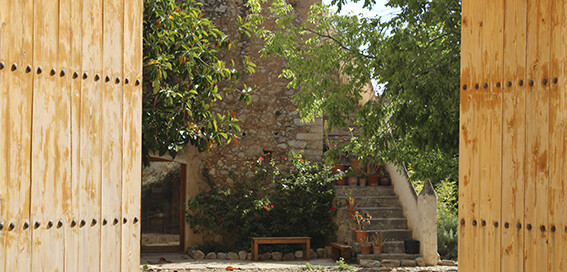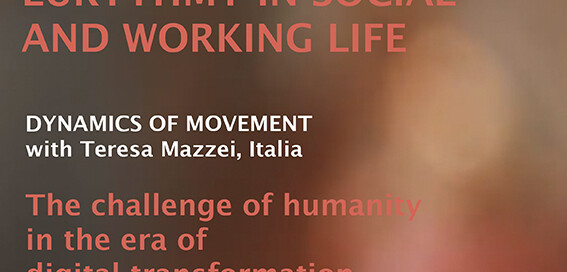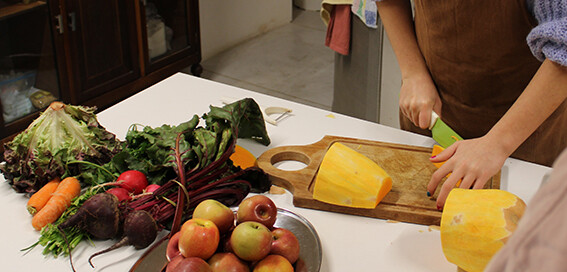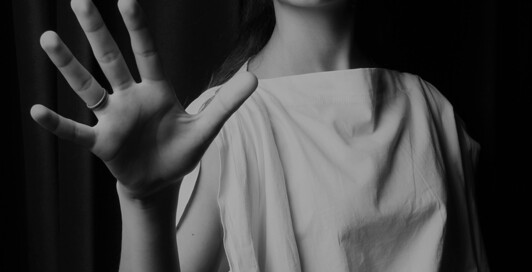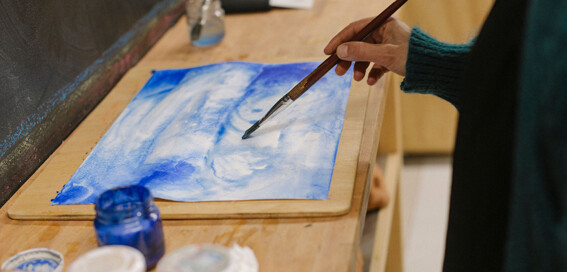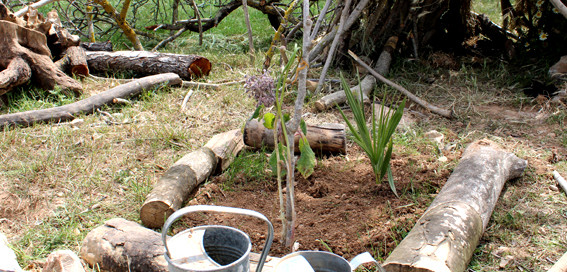OPEN DOORS. SATURDAY, MAY 11
On Saturday, May 11 from 11 a.m. to 4 p.m. we will hold an Open Day at the Fundació Sa Llavor, with a guided tour, educational exhibition, Gamelán concert, theater, family workshops, artisan stalls, bookstore and vegetarian restaurant. Program: 11:00 a.m. Guided Tour 11:00hFamily Workshops 12.30h Children's Theater 1:00 p.m. Vegetarian restaurant 2:00 p.m. Family Workshops 2:30 p.m. Musical improvisation and singing workshop with Sheela Gathright. 3:30 p.m. Jam Session. Bring your instrument! 4:00 p.m. Closing - Gamelan Concert

